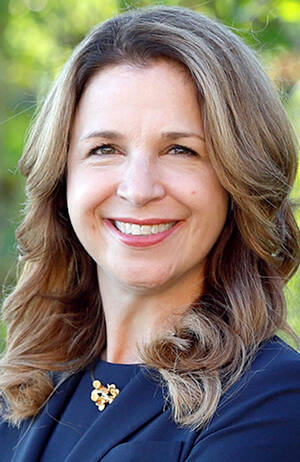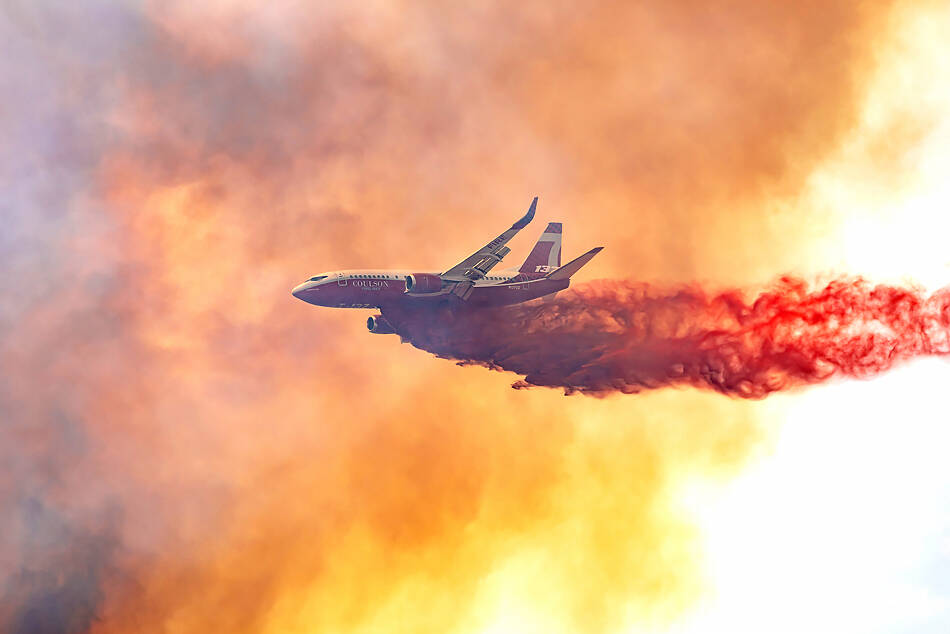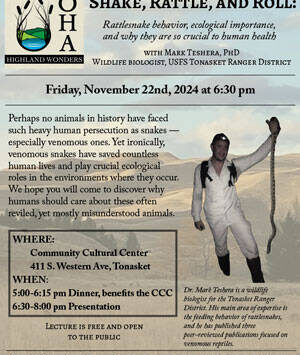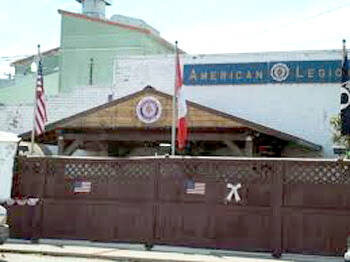Submitted by Thomas Kyle-Milward
DNR Communications Manager
OLYMPIA – Commissioner of Public Lands Hilary Franz called for members of the public across Washington to follow wildfire prevention best practices and recreate responsibly on Friday in light of hot, dry and breezy conditions around the state.
“We’re in for a long, active fire season this year that will drain resources and makes the potential of large fires impacting communities worrisome,” Commissioner Franz said. “I have a challenge for Washingtonians – please help fire crews here and in Canada by not adding human-caused fires to the equation.”
People can do their part by knowing the restrictions regarding campfires in their area, never leaving a flame unattended, and always being careful with fireworks and other incendiary devices. For more prevention best practices, click here.The Department of Natural Resources is projecting above-average temperatures in July and August, the typical peak months for wildfire in Washington state, and a lack of precipitation through May has led to active fire behavior on both sides of the Cascades this week. But it’s not just Washington that is suffering – wildfires in Canada are sending smoke south to blanket the eastern United States.
Washington sends resources to fight Canadian wildfires
“As we’re seeing from the massive smoke impacts on the East Coast right now, wildfire isn’t just a West Coast issue,” Commissioner Franz said. “The far-reaching effects of wildfire touch us all. Let’s help mitigate those effects here at home with safe and smart decisions.
While DNR is asking Washingtonians to do their part to stop wildfires before they start, the agency is also supporting our neighbors to the north as they fight devastating fires. Through the NW Compact, an agreement with U.S. states and Canadian provinces to share resources, Washington DNR and our fire service partners have sent heavy air tankers, engines, hand crews, and incident management teams to Alberta.
The NW Compact, along with other compacts ensures that Washington can also count on support from states and provinces as needed.
“Agreements like the NW compact are vital. We’re supporting our friends in Alberta with vital equipment and crews, and we know they’ll have our backs if we’re facing a similarly dire situation,” Commissioner Franz said. “We’ve experienced catastrophic wildfires and smoke and know how important it is to have as many resources as possible to put the fires out and protect communities.”









